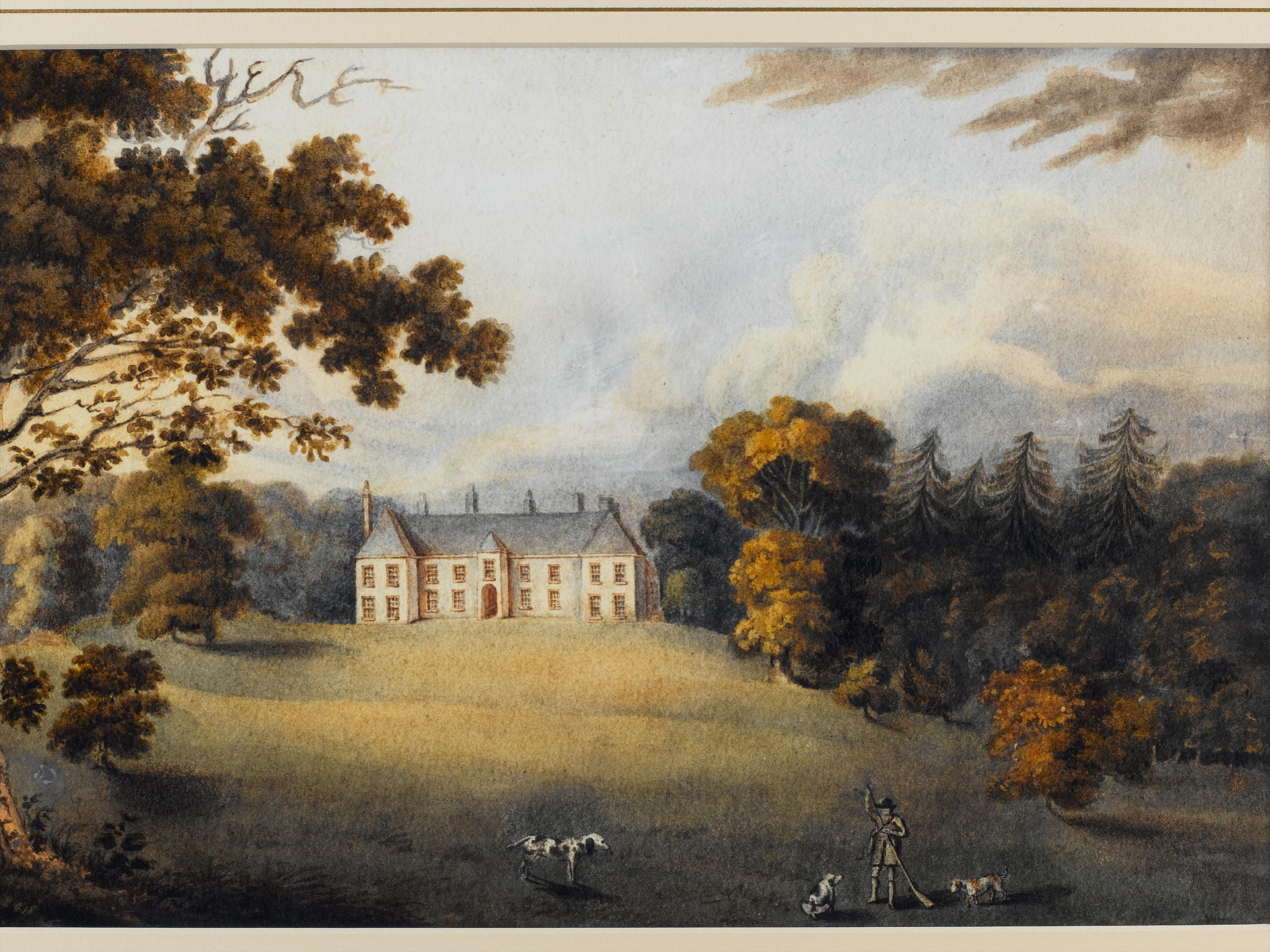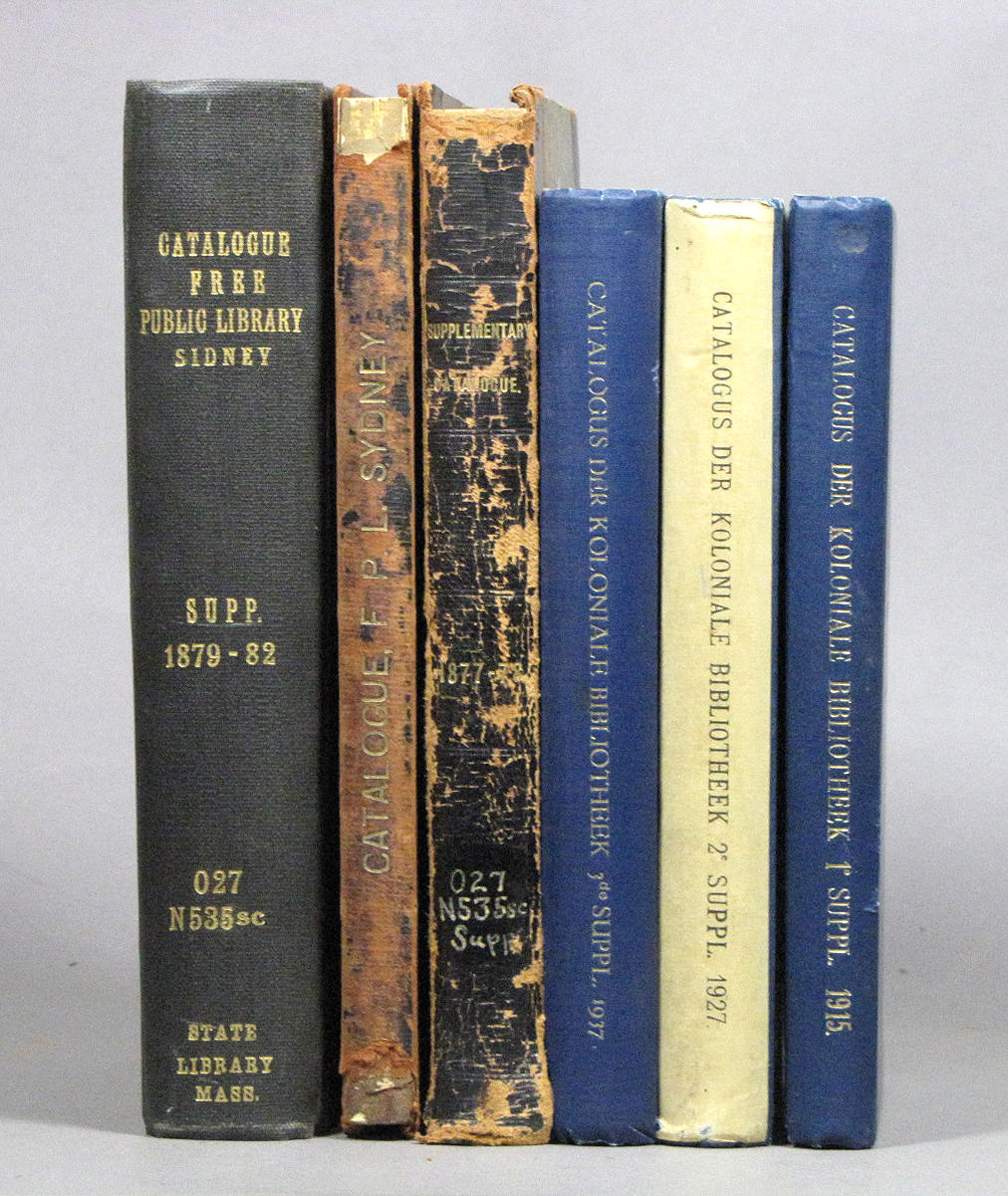An adress to the Irish people. Dublin 1812. Price 5d. in-8 (211x125 mm); maroquin janséniste vert bouteille, dos à nerfs. Filet sur les coupes. Large dentelle intérieure. [Riviere & Son]. 1 f. et 22 pp. Première édition. Two-hundred years ago in February 1812, inspired by the ideals of the Enlightenment, Shelley and his wife Harriet set sail for Dublin and threw themselves whole-heartedly into the struggle for Catholic emancipation and repeal of the Union. But, this chapter in his life is usually diminished or ignored by his biographer; even Richard Holmes in his wonderful book, Shelley the Pursuit, suggests that Shelley came to Ireland with little understanding of Irish affairs and left it after a painful education in political reality'. Nothing could be further from the truth. Shelley was a devoted and courageous advocate of Irish freedom. His interest in Irish politics was fired by the Irish exile revolutionaries who frequented the coffee houses in London. In 1811, at the age of eighteen, Dos foncé, mais bon exemplaire. Ex-libris John Whipple Frothingham. SHELLEY QUEEN MAB Because of its reflection of many of Shelley's more progressive views, the publication of QUEEN MAB was private. and it is thought the edition consisted of 250 copies hors commerce. To diminish the prospect of prosecution, Shelley elected to extract the dedication, and cut away the title imprint and the printer's imprint on the final leaf in those copies he distributed. While earlier generations of collectors and dealers heralded the unmutilated copies as the exception, it is now clear that in fact only a minority portion of the edition was subjected to that action, perhaps 70 of the 250 copies. In 1821 the publisher William Clark found a copy and printed this edition without authorisation from either Shelley or the Society for the Prevention of Vice; as a result he was imprisoned for four months (on grounds of distribution of illegal material rather than copyright violation), but that did not stop another printer from acquiring his unsold sheets and reissuing them the following year. The book exists with varying contents: Shelley had been in the habit of cutting out his name from the title and imprint of copies from the original printing before giving them away; he also regretted and would remove the verse dedication to 'Harriet'. Some surviving copies of this 1821 edition have the dedication, but it was never present in this unsophisticated copy. Since that leaf is also found in varying locations when present, it was at most issued with only some copies and more likely added separately when available. The final advertisement leaf, also frequently lacking, is present here. The text itself has two states, since some copies were printed with the more outrageous assertions in the notes replaced by sequences of dashes, while others are unexpurgated; this is one of the former, which may help explain why the dedication was not included. (Granniss 19).It was not reprinted until 1821, when a piracy landed its perpetrator in jail, and prompted the great displeasure of the author. [CBEL III,-314. Hayward 225. Grannis 15. Tinker 1887. Wise, pp.39-40].
An adress to the Irish people. Dublin 1812. Price 5d. in-8 (211x125 mm); maroquin janséniste vert bouteille, dos à nerfs. Filet sur les coupes. Large dentelle intérieure. [Riviere & Son]. 1 f. et 22 pp. Première édition. Two-hundred years ago in February 1812, inspired by the ideals of the Enlightenment, Shelley and his wife Harriet set sail for Dublin and threw themselves whole-heartedly into the struggle for Catholic emancipation and repeal of the Union. But, this chapter in his life is usually diminished or ignored by his biographer; even Richard Holmes in his wonderful book, Shelley the Pursuit, suggests that Shelley came to Ireland with little understanding of Irish affairs and left it after a painful education in political reality'. Nothing could be further from the truth. Shelley was a devoted and courageous advocate of Irish freedom. His interest in Irish politics was fired by the Irish exile revolutionaries who frequented the coffee houses in London. In 1811, at the age of eighteen, Dos foncé, mais bon exemplaire. Ex-libris John Whipple Frothingham. SHELLEY QUEEN MAB Because of its reflection of many of Shelley's more progressive views, the publication of QUEEN MAB was private. and it is thought the edition consisted of 250 copies hors commerce. To diminish the prospect of prosecution, Shelley elected to extract the dedication, and cut away the title imprint and the printer's imprint on the final leaf in those copies he distributed. While earlier generations of collectors and dealers heralded the unmutilated copies as the exception, it is now clear that in fact only a minority portion of the edition was subjected to that action, perhaps 70 of the 250 copies. In 1821 the publisher William Clark found a copy and printed this edition without authorisation from either Shelley or the Society for the Prevention of Vice; as a result he was imprisoned for four months (on grounds of distribution of illegal material rather than copyright violation), but that did not stop another printer from acquiring his unsold sheets and reissuing them the following year. The book exists with varying contents: Shelley had been in the habit of cutting out his name from the title and imprint of copies from the original printing before giving them away; he also regretted and would remove the verse dedication to 'Harriet'. Some surviving copies of this 1821 edition have the dedication, but it was never present in this unsophisticated copy. Since that leaf is also found in varying locations when present, it was at most issued with only some copies and more likely added separately when available. The final advertisement leaf, also frequently lacking, is present here. The text itself has two states, since some copies were printed with the more outrageous assertions in the notes replaced by sequences of dashes, while others are unexpurgated; this is one of the former, which may help explain why the dedication was not included. (Granniss 19).It was not reprinted until 1821, when a piracy landed its perpetrator in jail, and prompted the great displeasure of the author. [CBEL III,-314. Hayward 225. Grannis 15. Tinker 1887. Wise, pp.39-40].















Try LotSearch and its premium features for 7 days - without any costs!
Be notified automatically about new items in upcoming auctions.
Create an alert